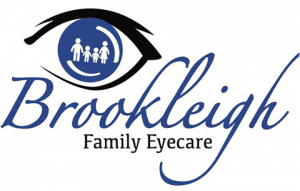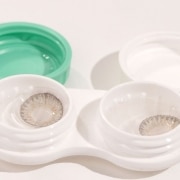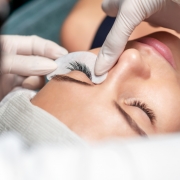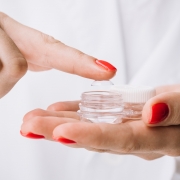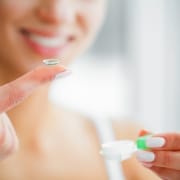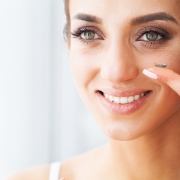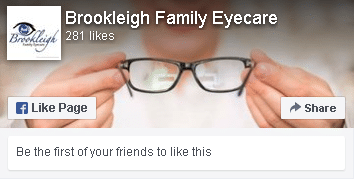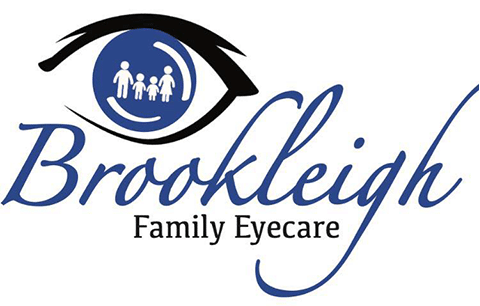Differences Among Contact Solutions
The selection of contact lens solutions on store shelves makes contact lens wearers more confusing than ever. It’s extremely important to use the right solution, but how can you be sure you’re using the right product at the right time and in the right way? Youreye doctor in Brookhaven, GA, can advise you on which contact solution to use. But in the meantime, here are the main differences among contact solutions that you need to know.
Multipurpose Solution
This solution was created for contact lens wearers’ convenience. It’s intended to be a multipurpose solution that cleans, disinfects, and rinses contacts. You can even store your contacts in a multipurpose solution according to the manufacturer’s instructions. However, if you tend to accumulate deposits on your contacts or have sensitive eyes, you may be better off with something else.
Saline Solution
Saline solution is meant to be used for rinsing contacts. You can also use it to store lenses. However, you should know that saline solution isn’t the best for disinfecting lenses. You may find that your contact lenses last longer and feel better if you use a separate disinfecting solution.
Cleaning Solution
Dedicated contact lens cleaning solution tends to work very well at removing contact lens debris. It’s also very effective at disinfecting lenses. It makes a great storage solution, too. You must remember that you must follow up the use of the cleaning solution with a rinse solution, such as saline solution since cleaning solution can be an eye irritant.
Enzymatic Cleaners
Finally, for deep cleaning, you can use an enzymatic cleaner once or twice weekly. After such use, follow up with a rinsing solution or saline solution.
Get in touch with us if you have any questions about caring for your contact lenses. And, when you’re ready for newcontact lenses in Brookhaven, GA, contact us to book your appointment.
